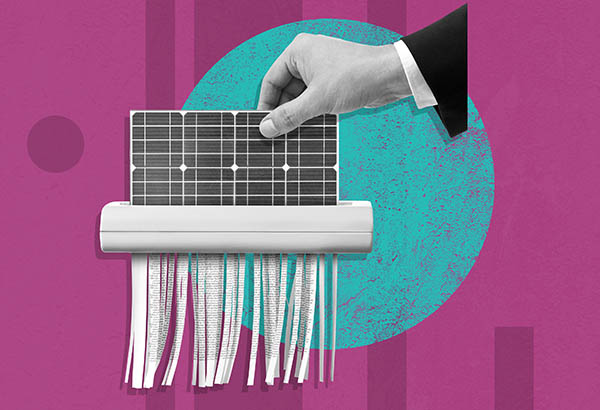Amid all the excitement about renewable energy and the emergence of other new technologies to help countries tackle climate change, all too often two important challenges are being overlooked.
The energy transition aims for a sustainable economy based on renewable, or low-carbon power. But making the necessary wind turbines, solar panels, electric car batteries, and other green products requires vast amounts of resources. Extracting them creates emissions of their own, as well as causing environmental degradation and, in many instances, social problems.
Take electric vehicles. While they may cause no emissions when being driven, the same cannot be said for the manufacturing process. As the technology begins to go mainstream, more ‘circular’ solutions will be needed. That is especially true of batteries, with the mining of materials such as nickel, cobalt and lithium threatening the environment.
Equally problematic is the challenge of recycling, storing and disposing of the waste created when products come to the end of their useful life. Even if tackling the waste generated by wind and solar is straightforward compared with nuclear, another form of low-carbon energy, it is an issue companies and investors alike have all too often overlooked.










